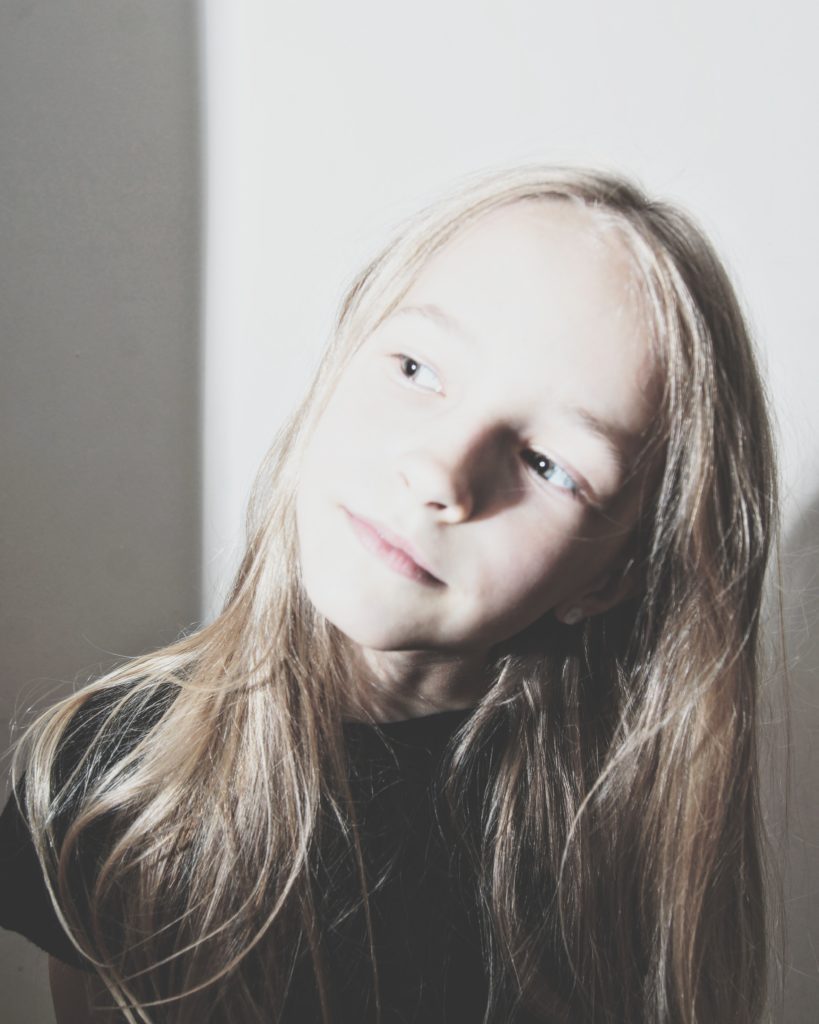Idea of identity: what it is, how it develops, and the shape that it can take at times in our life.
Identity means the state of being who or what a person or thing is. Identity is something which develops over a time. It’s based on the past, on different events, memories: the way someone has grown up, basically anything that has formed their personality. Through my research I will look at different aspects of identity to understand the meaning much deeper as well as to tell a story and try to sho
w that identity is something we can’t fully understan
d and something more than just facts about a person, as for example it’s not just their name, age, social group, but it’s something its mysterious, it’s something not everyone can see or know abou
t a person, it’s their story.
The sense of identity appears early on in life as the infant begin
s to separate themselve
s from an undifferentiated unity with their mother. A mirror image of themselves can provide the sudden shock of realizing that they are separate beings. In addition Donald Winnicott has talked about a child and their teddy bear or any other item they might get attached to, which starts to form their identity. This object enables the child to mother itself as it transitions away from its physical mother. This applies later in life to any of us with any possessions and the things around us and us being affected once their changed or lost, as just as a child oncetheir favourite toy gets lost, it’s like a part of an identity is lost which causes confusion and distress.
In adolescence we derive an important part of our identity from our social identity. Tajfel defined social identity as “that part of an individual’s self-concept which derives from his membership of a social group (or groups), together with the value and emotional significance attached to this”.
 Children, who are raised to believe that their expression and behaviours must be tightly prescribed, as would be the case for girls raised in 15th century Florence, may form an identity which may be characterised by inferiority and doubt. Worse, if parents tell their children that what they are experiencing isn’t what they are experiencing, inaccurately mirror what their child is experiencing, and seek to define their children, then children discount their own personal experience, lose awareness of inner needs and suffer disconnection from self and identity loss. Patricia Evans noted that frequent, prolonged assaults on the child’s ‘psychic boundary’ cause children to set aside their own experience and lose trust in themselves. She stated ‘sadly, but understandably when
Children, who are raised to believe that their expression and behaviours must be tightly prescribed, as would be the case for girls raised in 15th century Florence, may form an identity which may be characterised by inferiority and doubt. Worse, if parents tell their children that what they are experiencing isn’t what they are experiencing, inaccurately mirror what their child is experiencing, and seek to define their children, then children discount their own personal experience, lose awareness of inner needs and suffer disconnection from self and identity loss. Patricia Evans noted that frequent, prolonged assaults on the child’s ‘psychic boundary’ cause children to set aside their own experience and lose trust in themselves. She stated ‘sadly, but understandably when  people have undergone a long training in disconnection…they will make themselves up according to what they think they are, what they would like to be, and, most especially what they’ve been told they are or are not’. Without a reason identity, they struggle to mould an identity with appearance and fashion, reason and thinking, closely align with whatever social group they feel an affinity with or some other alternative identity of their creation.
people have undergone a long training in disconnection…they will make themselves up according to what they think they are, what they would like to be, and, most especially what they’ve been told they are or are not’. Without a reason identity, they struggle to mould an identity with appearance and fashion, reason and thinking, closely align with whatever social group they feel an affinity with or some other alternative identity of their creation.

Leave a Reply